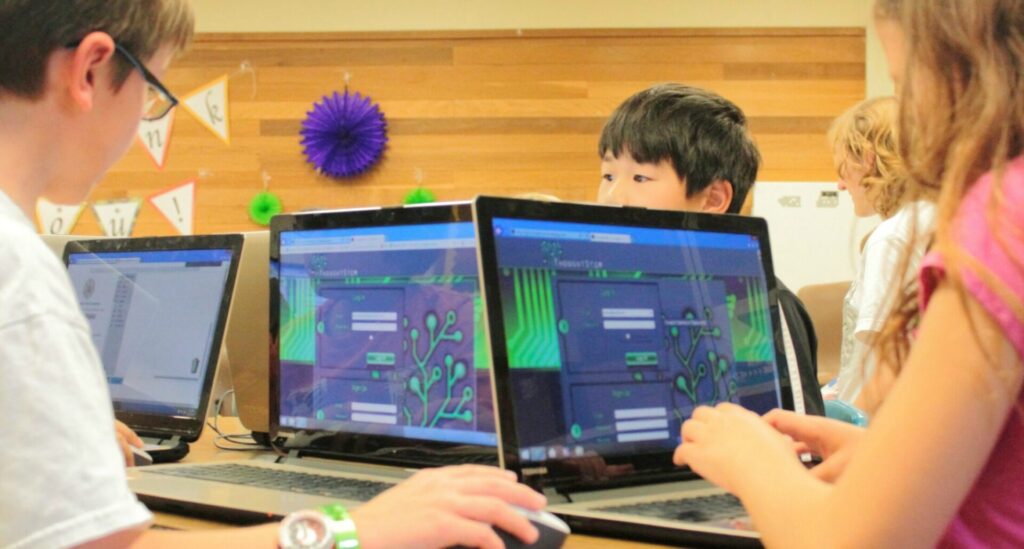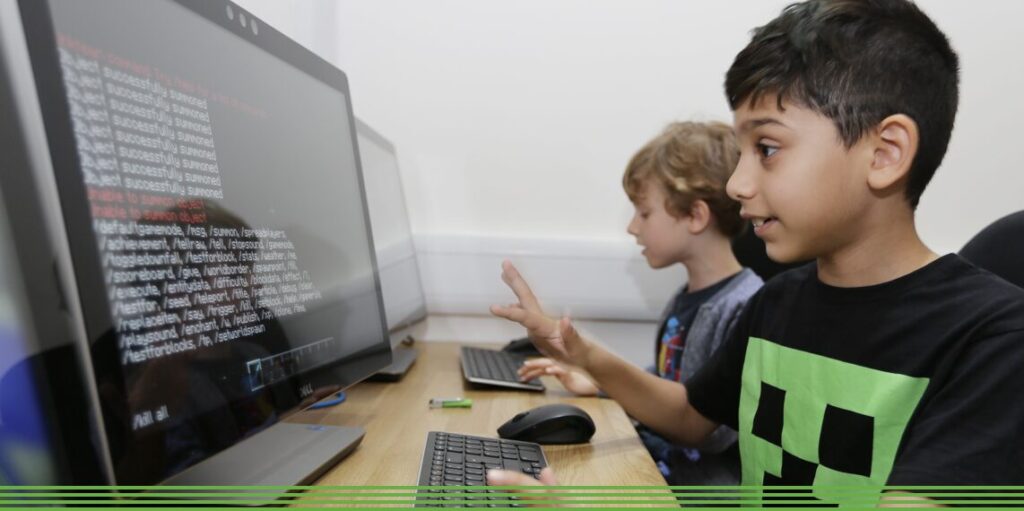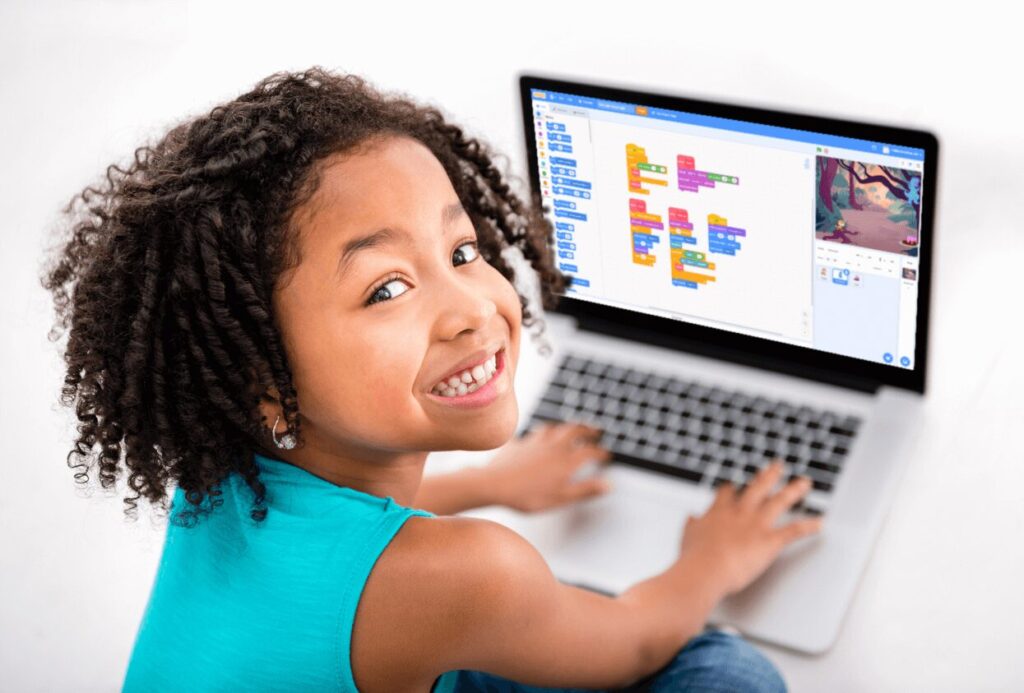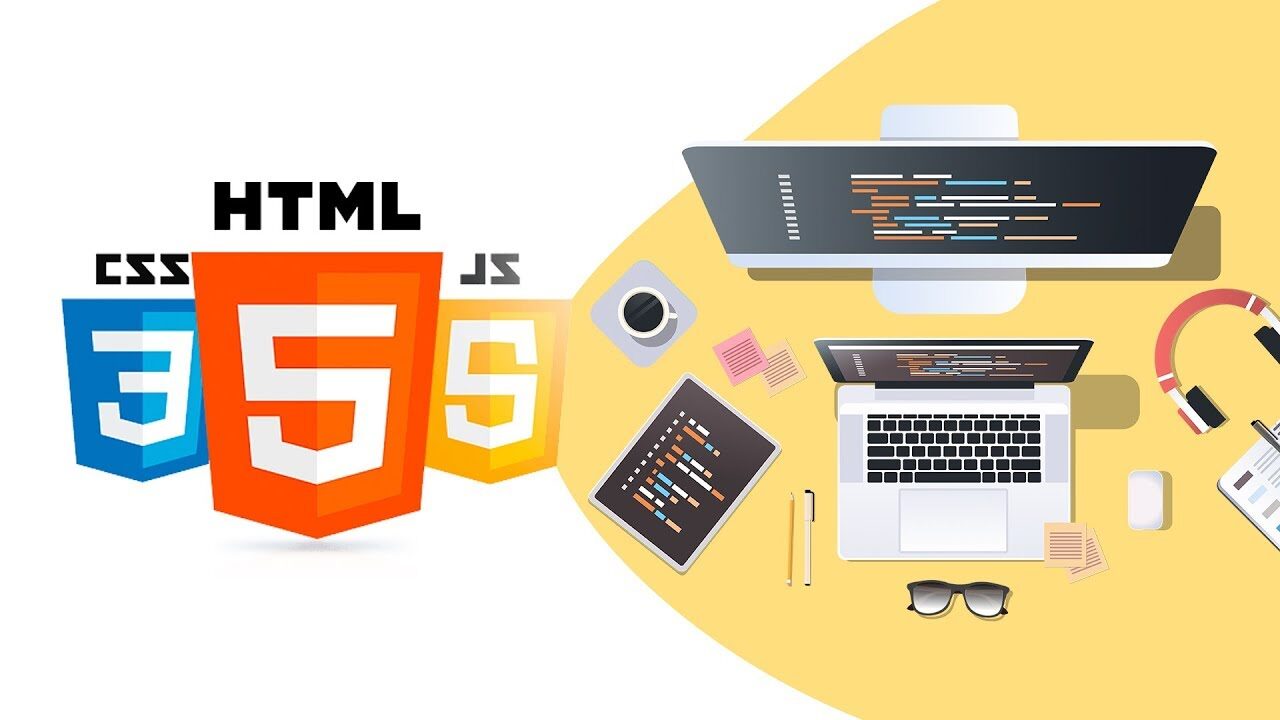In today’s digital world, coding has become an essential skill across industries. Whether you’re looking to build websites, develop software, or even create apps, learning to code can open up a world of opportunities. Fortunately, even if you have no prior experience, there are countless resources available to help you go from zero to hero. In this guide, we’ll take you through the process of coding from scratch, highlight essential programming courses, and introduce some of the most popular programming languages for beginners.

Why Learn to Code?
Coding isn’t just for software engineers anymore. With the increasing reliance on technology, the ability to understand and write code can enhance your problem-solving skills, boost your career prospects, and even offer creative outlets. Learning to code can also make you more competitive in the job market, as many employers now seek individuals with coding skills, regardless of their industry.
Additionally, coding provides the ability to automate tasks, streamline processes, and even develop your own side projects or businesses. By enrolling in programming courses and leveraging online coding tutorials, you can take control of your career and future.
Getting Started: Programming for Beginners
When you’re just starting out, the world of coding can seem overwhelming. The key is to start small and build your skills incrementally. Programming for beginners usually starts with learning foundational concepts such as variables, loops, and conditionals. These are common to most programming languages and will form the basis of your understanding.
If you’re a complete novice, consider taking advantage of coding tutorials and online resources that break down complex concepts into manageable steps. Platforms like Codecademy, freeCodeCamp, and Udemy offer excellent beginner-friendly courses that will teach you the basics of coding from scratch.
Choosing Your First Programming Language
One of the most important decisions you’ll make when learning to code is selecting your first programming language. Here are some of the most popular options for beginners:
1. Python Programming
Python is widely regarded as the best language for beginners due to its simplicity and readability. It’s a versatile language used for a variety of applications, including web development, data analysis, machine learning, and automation. If you’re interested in building a solid foundation and want to get up to speed quickly, Python programming is an excellent place to start.
2. JavaScript Programming
JavaScript programming is essential for anyone interested in web development. JavaScript allows you to create interactive elements on websites and is used in both front-end and back-end development. Along with HTML and CSS, JavaScript is one of the core technologies of the web, making it a must-learn for aspiring web developers.
3. HTML/CSS
Though not technically programming languages, HTML and CSS are crucial for building and designing websites. HTML handles the structure of the webpage, while CSS manages the layout and appearance. Beginners interested in web development often start with HTML and CSS before moving on to more complex languages like JavaScript.
4. Scratch
If you’re interested in coding for kids, Scratch is an ideal starting point. It’s a visual programming language that allows beginners to learn the logic of coding without having to type actual code. Scratch uses a drag-and-drop interface that teaches programming concepts in a fun and engaging way, making it a great choice for younger learners or those looking for a playful introduction to coding.
Learning Platforms and Programming Courses
There are numerous platforms that offer structured programming courses for beginners. Here are some of the best options to help you learn to code from scratch:
1. Codecademy
Codecademy offers interactive courses on a wide range of programming languages, including Python, JavaScript, and more. It’s known for its hands-on approach, allowing you to write code directly in your browser as you progress through lessons. Codecademy also offers a Pro plan that includes quizzes, projects, and personalized learning paths.
2. freeCodeCamp
FreeCodeCamp is a nonprofit organization that provides a full curriculum for learning web development and coding. It offers interactive coding tutorials and challenges to build real-world projects, helping you apply what you learn in practical scenarios. FreeCodeCamp is particularly good for learners who prefer a self-paced, free learning experience.
3. Udemy
Udemy hosts a vast selection of online coding courses, including both beginner and advanced programming options. Courses on Udemy are taught by industry professionals and come with lifetime access, allowing you to revisit material whenever needed. Popular courses like “The Complete Web Developer Bootcamp” can guide you from beginner to advanced skills.
4. Coding Bootcamps
For those looking to accelerate their learning, coding bootcamps offer intensive, immersive training programs that can take you from novice to job-ready in a matter of months. Bootcamps often focus on specific areas like web development, data science, or software engineering. Many bootcamps also offer career support, helping graduates land their first jobs in tech.
Advanced Programming Options
Once you’ve mastered the basics, you can move on to more advanced programming concepts. Topics like object-oriented programming, databases, APIs, and algorithms will help you take your coding skills to the next level. Enrolling in intermediate or advanced programming courses is a great way to deepen your knowledge and prepare for more complex projects.
Additionally, earning a programming certification can boost your resume and demonstrate your coding proficiency to potential employers. Certifications in languages like Python, JavaScript, or even platforms like AWS can open up new career opportunities.
Building Projects and Gaining Experience
The best way to solidify your coding skills is by building real-world projects. Whether it’s developing a personal website, creating a simple game, or contributing to an open-source project, hands-on experience will accelerate your learning and give you the confidence to tackle more complex challenges.
You can also find programming communities online where you can share your projects, get feedback, and collaborate with other learners. Platforms like GitHub and Stack Overflow are excellent resources for finding programming tutorials and programming resources to continue your growth as a coder.

Learning to code is a rewarding journey that can unlock a multitude of career paths and personal projects. With the wide array of online coding resources, programming courses, and coding tutorials available, anyone can learn to code from scratch and turn their coding skills into a valuable asset. Whether you’re interested in web development, software engineering, or even coding for kids, there’s a path out there for you.
Start your journey today, choose a programming language, enroll in a coding bootcamp or online coding course, and take the first step toward becoming a coding hero!



